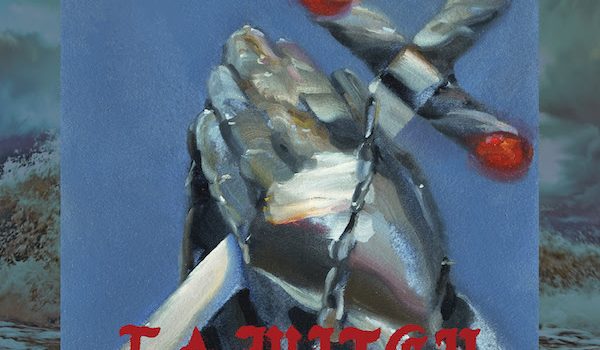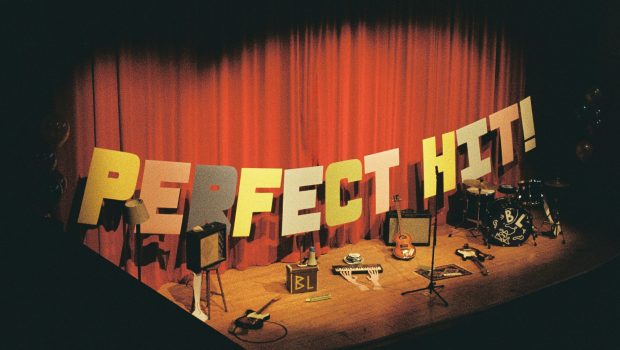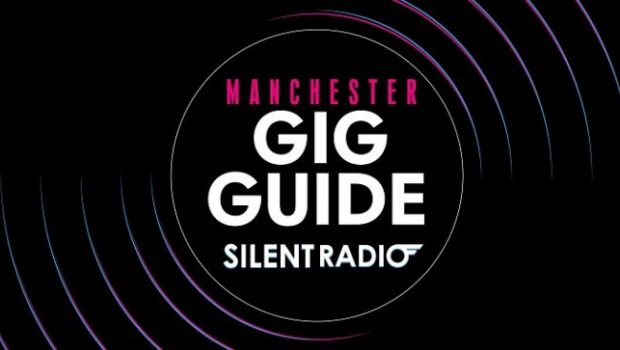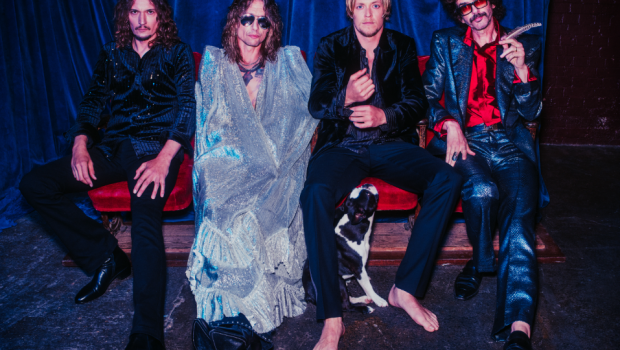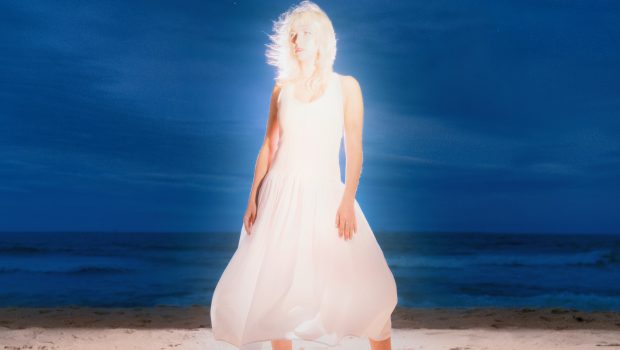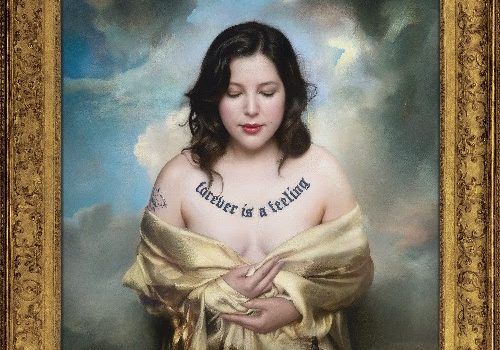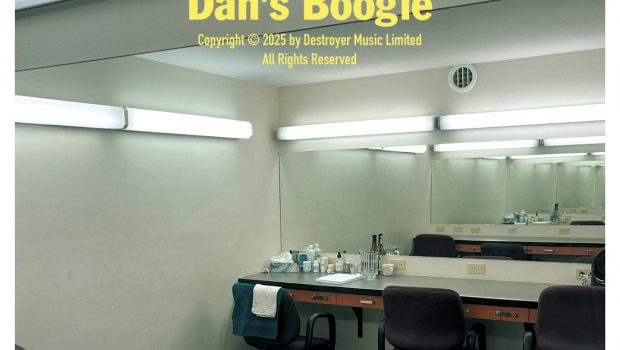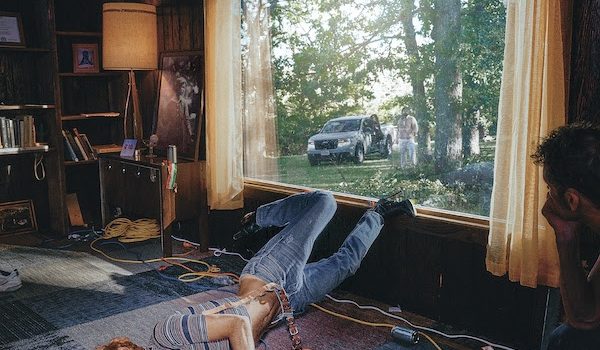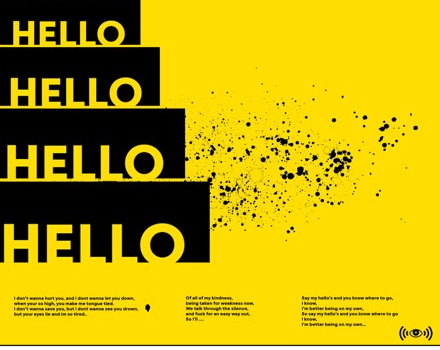From undisputed classics through interesting reinventions to downright abominations, Silent Versions looks at half a dozen different imaginings of the same song.
Ask 10 people for their favourite Beatles song, and you’ll get 10 different answers. Bang any one of them into YouTube and you’ll be inundated with recordings, the majority of which are barely listenable. Common sense dictates that only the brave would take on the best band ever™, alas common sense isn’t all too common.
Despite John Lennon later claiming that he wrote more of the song than he was given credit for, and the fact all band members contributed at least a line each, this is very much a Paul McCartney number. The title character’s name progressed through the songwriting process from Ola Na Tungee to Miss Daisy Hawkins through to Eleanor Rigby, a supposed amalgamation of Help! actress Eleanor Braun and a shop called Rigby & Evens Ltd. Remarkably, a gravestone was found St Peter’s Church, Liverpool in the 1980s just yards from where Paul and John met bearing the name Eleanor Rigby. Whether through coincidence or subconscious, the storied journey of the character could be traced back to the band’s hometown.
The Beatles
Interestingly, this is the only Beatles song not to have any of the fab four actually playing, thus is viewed by many to be producer George Martin’s masterpiece. Given the undeniable brilliance of the song and its revolutionary orchestral style, unheard of in modern pop at the time, it’s fair to say it deserved a little more fanfare than being a double A-Side with the atrocious Yellow Submarine. Can you imagine giving Ringo equal billing to this masterpiece? Well, the Sixties were a time for experimentation I suppose.
You can enjoy it again here following this charming cartoon, which features some of the most dubious Scouse accents this side of Robert Carlyle in The 51st State.
Aretha Frankin
Is there a song Aretha Franklin couldn’t turn her hand to? If there is, I’ve never heard it. The Queen of Soul adopts the persona of the protagonist, bringing Father McKenzie to life through gospel backing vocals. The jaunty keys bring a real tempo, it’s easy to imagine lifting people to their feet, be it in a bar or church. As always, it’s the passion in Franklin’s vocal that shines; evoking genuine compassion for ‘the lonely people’. Such is the quality of Aretha’s cut, she’s ousted Ray Charles, Jackie Wilson and The Four Tops to be the soul pick. High praise indeed.
The Standells
West Coast garage rockers The Standells had an interesting career in the 1960s. They wrote two bona fide psych classics in ‘Dirty Water’ and ‘Sometimes Good Guys Don’t Wear White’, but beyond those, relied heavily on cover versions. Rather than imaginative Mark Ronson-esque reworkings, these consisted primarily of cherry picking hits of their peers, such as The Rolling Stones ‘19th Nervous Breakdown’ and The Kinks ‘Sunny Afternoon’ and playing them faithfully. The Standells were then in good stead when recording a version of Eleanor Rigby which somehow sounded more like the fab four than the Merseysiders managed themselves.
The Real Thing
You might assume something fairly straight forward from disco hit makers and fellow Scousers, but The Real Thing’s recording of Eleanor Rigby is anything but. Famous for 1976 chart topper ‘You To Me Are Everything’, the Toxteth soul band channel their inner John Lennon, combining elements of the song with a socio-political tirade against war and hunger over a neo-soul backbeat. Recorded in 2008 for a compilation of Liverpool acts recreating number 1 hits penned in the city, it will come as little surprise this didn’t have The Real Thing reclaiming former chart glory.
Booker T and the MGs
Soul instrumentalists most famous for R’n’B hit ‘Green Onions’ manage to manoeuvre the melody line into a blues groove, which only with an injection of pace stops sounding like Booker has er, come to fix the fridge. Given their abandonment of the poignant lyrics, Booker T and the MGs remind everyone that for all The Beatles’ strengths, melody was always their greatest asset.
Sinead O’Connor
Another attempt to politicise Eleanor Rigby, Irish eccentric Sinead O’Connor borrows a few lines by way of chorus to underpin her impassioned lament to the Irish Potato Famine and it’s even better than The Real Thing. The mood is dark and the subject matter serious, but that is tragically made redundant once you notice it’s effectively the blueprint for the first series of Flight of the Conchords. If you’ve ever seen it, you’ll hear nothing but Brett and Jermaine through every verse. And if you haven’t then click here



